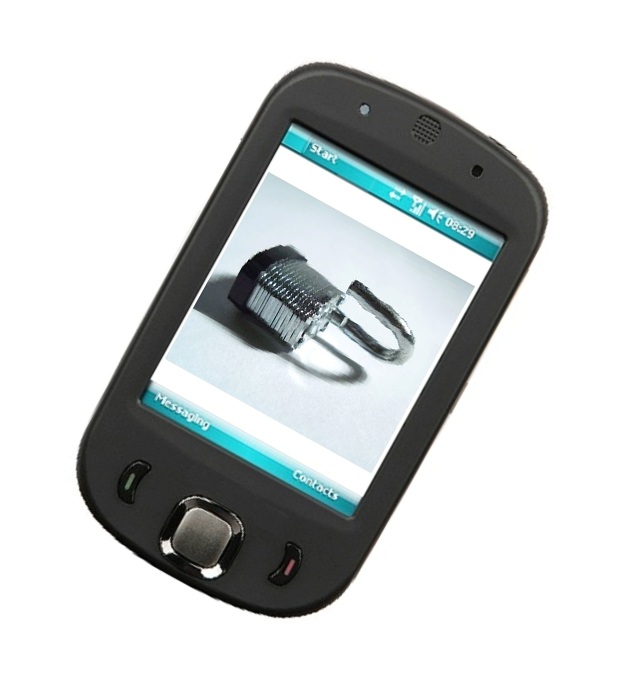Denny |
December 22, 2012
 Mobile gaming appeals to a wide range of consumers
Mobile gaming appeals to a wide range of consumers
High-tech mobile devices are becoming increasingly common among consumers. Smart phones and tablets are some of the most famous consumer electronics available today, and these products are becoming more advanced as time goes on. As mobile technology advances, smart devices become more capable of astonishing visuals and can support applications that have high CPU requirements. Thus, mobile devices are beginning to reach a point where they may soon replace traditional computers, in the sense of mobile gaming.
Mobility proves to win the favor of gamers
Mobile gaming is a very popular pastime for a wide range of people. There are, quite literally, millions of mobile game applications available for mobile devices of all kinds. These games include Angry Birds and Plants vs. Zombies, some of the most popular games of the modern gaming era. Furthermore, mobile games are considerably less expensive that traditional games, with many console games costing $60 and PC games ranging between $40 and $80, depending on the publisher.
Spending on mobile gaming is increasing
IHS, a global research and analytics firm, suggests that spending on console gaming has declined by 20% over the past two years, while mobile gaming has taken up a significant amount of the slack. The appeal of mobile gaming largely resides in the fact that mobile devices can be used anywhere, thus giving users an opportunity to play the games they love while on the go. This versatility, coupled with the rapidly increasing capabilities of mobile devices, has been well received by a rather large demographic of consumers.
Mobile games may soon become a serious topic within the game industry
Mobile gaming may not be able to wholly replace other forms of gaming, especially as PC technology becomes more advanced and versatile, but it is certainly beginning to play a very big role in the game industry. Many gamers are eager to compare one console to another, constantly arguing for the superiority of their favored platform. Mobile gaming may soon be entered into this ongoing battle among gamers.
 Trade groups pan mobile security standards from federal agency
Trade groups pan mobile security standards from federal agency
The National Institute of Standards and Technology, a U.S. federal agency that works to develop standards for various forms of technology, recently proposed new standards for mobile security. The proposal was issued in October of this year and calls for more robust mobile security measures to be implemented in order to keep consumers safe from exploitation. Since the proposal was released, however, it has been panned by trade groups that suggest that the standards being introduced are not practical.
Trade group suggests hardware standards could lead to trouble
The Telecommunications Industry Association, a trade group that develops consensus-based industry standards for information and communication technologies, is one of the more outspoken opponents of the proposed mobile security standards. According to the trade group, the proposed standards suggest that mobile security be bolstered through architectural means. This suggests that mobile devices must make use of different hardware than what currently industry standards call for, which could cause problems among trade groups and within the communications industry itself.
Drastic measures may be needed to ensure mobile security
Mobile security is becoming an increasingly serious problem. More consumers are using mobile devices today than they ever have in the past. As consumers become more reliant on these mobile devices in their daily lives, they are becoming ideal targets for hackers who wish to exploit the valuable information that is contained on such devices. The National Institute of Standards and Technology believes that drastic measures may be in order to ensure that mobile security is assured for consumers.
Agency claims better hardware standards are necessary
The National Institute of Standards and Technology suggests that current mobile technology is not adequate enough to ensure the security of consumer information. The agency believes that changes made to the hardware standards that mobile devices are held to are necessary for the sake of mobile security. Trade groups are opposed to this approach because hardware changes mean different standards that could destabilize much of the work that has already gone into standardizing modern mobile technology.
 Mobile gaming appeals to a wide range of consumers
Mobile gaming appeals to a wide range of consumers
 Trade groups pan mobile security standards from federal agency
Trade groups pan mobile security standards from federal agency